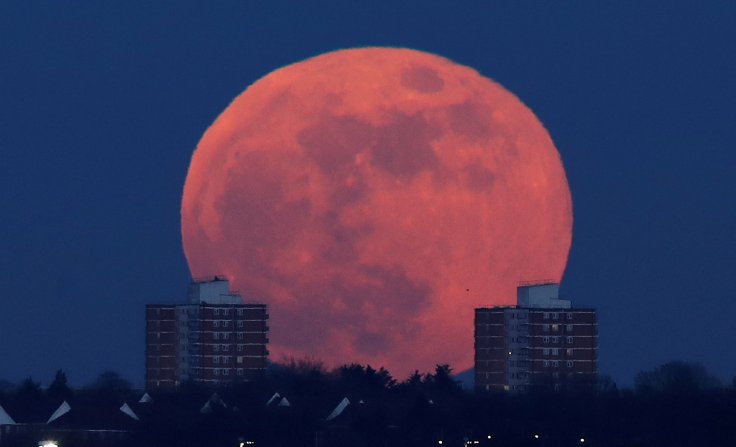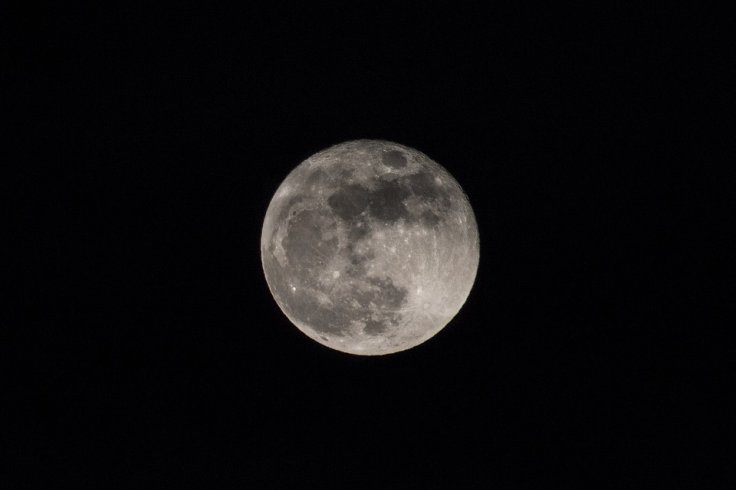
In a three-country study of crime, researchers from the New York University have tested whether 'lunar hypothesis' prevalent in many Asian cultures is mere a superstition or drawn from empirical data. As Halloween is around, the BetaGov team at NYU's Marron Institute of Urban Management has released the study on the "lunar effect" with mixed outcome that has surprised researchers.
Betagov team in its randomized controlled trials collaborated with stakeholders in the field to examine the purported relationship between crime and the full moon following a conversation with a police official in Vallejo, CA, and an article on the phenomenon from Australia.
To begin with, BetaGov researchers conducted a review of the overall research literature on it with some of them furnishing evidence of a lunar effect on crime and negative behavior, while others discarded the phenomenon altogether.
The Vallejo police too pulled out crime data from January 2014 through May 2018 and studied for phases of the moon for each crime event, and the analysis carried out by BetaGov revealed that there's no association between crime events and full moon, or that at least in Vallejo, where people don't commit more crimes when there is a full moon.

Other police departments heard about this analysis and looked for more evidence for the lunar hypothesis in their own data and BetaGov tied with the Barrie (Ontario) Police Service in Canada and the Irapuato Citizen Safety Secretariat in Mexico to study it at a broad level. It has merged moon-phase data into their calls-for-service and crime data but found nothing to link the two variants.
"Although these kinds of analyses are fun, the findings have practical implications for policing such as in developing staffing assignments and distribution of other law-enforcement resources. The bottom line is be vigilant in questioning your assumptions and use your data to explore. It might just surprise you," said BetaGov director Angela Hawken, a professor of public policy at the NYU Marron Institute.
Past studies:
In fact, at least 40 published studies in the past have examined the effect on humans due to the purported lunar-lunacy connection but none of them found empirical data or scientific connection to link the lunar cycle and human biology or behavior.
In Brighton, UK, police deployed more officers in June 2007 citing the the correlation between lunar and lunacy. Inspector Andy Parr for the police force in UK went public on BBC to say, "From my experience of 19 years of being a police officer, undoubtedly on full moons we do seem to get people with sort of strange behavior – more fractious, argumentative."
Police in Ohio and Kentucky too have taken recourse to cite full moon for the rise in crime on the full Moon day in the past while in January 2008, New Zealand's Justice Minister Annette King suggested that a spate of stabbings could be due to the lunar cycle.
Often the analogy and analysis was found to be defective and misinterpreted without solic empirical data. Otherwise, in Asian cultures, the link between lunar and lunacy was based on ancient belief that the brain waves are affected by the light of a bright moon.
Even the link between full moon day and epilepsy seizures were disproved in a study that found no correlation between the mean number of seizures per day and the fraction of the Moon that is illuminated. In fact, the link was suggested to be between the brightness of the night sky and not the lunar phase that influences the occurrence of epileptic seizures.









